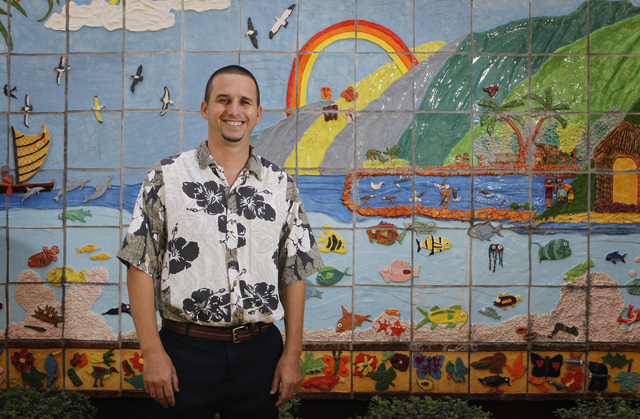Stephen Schatz, deputy superintendent for the state Department of Education, is leaving his post for a job at the University of Hawaii.
Schatz, a former teacher and schools administrator in Hawaii and California, was promoted in mid-2015 to deputy superintendent, a position that serves as chief academic officer for Hawaii’s public schools. He had previously been the assistant superintendent for strategy, innovation and performance.
At UH, Schatz will be the director of Hawaii P-20 Partnerships for Education, a statewide educational partnership between the University of Hawaii, Department of Education and the Executive Office on Early Learning. The organization, which is based at the university, has a mission of strengthening the “education pipeline” from early childhood through higher education so that all students can achieve college and career success.
A Jan. 17 memorandum that sought approval from UH President David Lassner to appoint Schatz says the position is “crucial to the mission of the UH system and the 10 campuses of UH to prepare more students to enroll, persist and complete college certificates and degrees and to reach the statewide goal of having 55 percent of working age adults achieve a 2-year or 4-year college degree by the year 2025.”
Schatz’s appointment is effective March 1, with an annual salary of $166,008. He will be replacing Karen Lee.
“I’m excited for this opportunity that allows me to continue advocating and working toward higher expectations for students and their success,” Schatz said in an emailed statement.
Schatz’s move to UH comes amid controversy over the Board of Education’s decision not to retain schools Superintendent Kathryn Matayoshi.
Matayoshi’s contract is set to end June 30, and despite receiving positive annual performance evaluations, the board announced in October that her contract would not be renewed and has convened a search committee to find her replacement. The board’s chairman said at the time that the state has an opportunity to move public education in a new direction, citing a revised strategic plan and changes under the federal Every Student Succeeds Act. But no specific details about Matayoshi’s performance had been given.
Under questioning by lawmakers at a budget hearing last week, some board members pointed to a lack of improvement under
Matayoshi in closing the achievement gap between students categorized as high-needs — those receiving special-education services, those who are economically disadvantaged and English-language learners — and their
peers on standardized tests.

